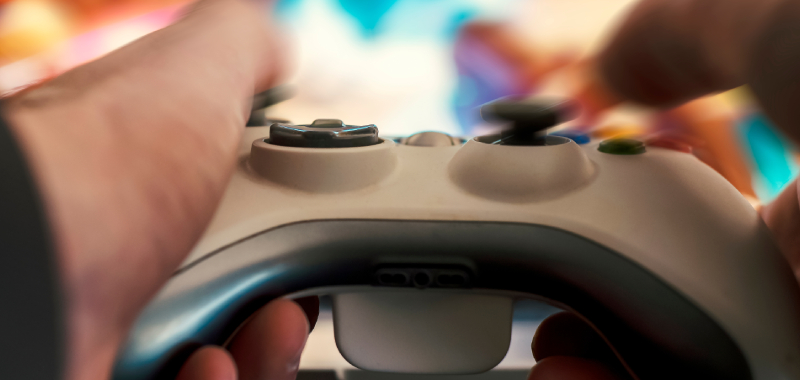
Video game tattoos and copyright
Skins in video games as a way to interact can be important to players as they allow them to customize the appearance of their characters and ultimately how they present themselves to other players. This can make the video game more fun and engaging, and sometimes skins can be rare or difficult to obtain, making them desirable collectibles for some players.
This reality is known by video game developers and represents an additional source of revenue in addition to the sale of the video game itself. Mainly, of video game character customization accessories in exchange for real money or virtual in-game currency.
Tattoos, as a form of personal or artistic expression, have come to the reality of video games as an additional way to personalize characters.
If the tattoo has been designed specifically for the video game, then the developer will have a copyright on the tattoos. For cases where the tattoo exists and is intended to be reproduced and used in the video game it would be necessary to obtain a license for use from the author.
What happens when such permissions cannot be obtained, and can tattoos be reproduced in video games without the artist’s permission?
In general, tattoos can be considered art works under article 10 of the IPL and as such are protected by intellectual property laws. This means that, even if they are transferred to the skin of the person wearing them, the ownership of the tattoo artist’s work and its exploitation rights are not acquired and therefore, the necessary permissions must be obtained from the artist through licenses of use.
It is true that the right to protect the tattoo artist’s work conflicts with the tattooed person’s own image rights, and the protection of tattoo artists’ rights over their designs should not restrict the tattooed person’s image rights.
So even if it is true that a person can exploit his or her image rights, including tattoos that are part of his or her personality, in order to use the reproduction of a tattoo in a video game for a lucrative purpose, it will be necessary to obtain the permission of the designer of the tattoo in exchange for fair compensation.
The case of the video game developer 2K Games
Often, video game developers use tattoo images of real characters as part of the representation of the character, without going any further it is the case of the figures of soccer players like in the well-known videogame FIFA, or basketball players in NBA2K.
This is the case of the last one, NBA2K, has been taken to the U.S. courts, following a lawsuit by the tattoo studio Solid Oak Sketches alleging that the video game developer did not have the corresponding licenses to use the designs of its tattoos on the playing characters of LeBron James or Kobe Bryant, among others.
The main issue in determining the legitimate use of the tattoos was the U.S. fair use doctrine, which analyzes the non-commercial purpose of the use, the nature of the rights, the partiality of the use, and the effects of the use on the final work.
The video game developer won the case proving the minimal use of tattoos in the video game, which were not the core of the video game and were even analyzed for their low visibility on screen.
Other noteworthy cases of tattoos in video games
This is not the first time that tattoos in video games have been subject of controversy in the U.S. Courts. Better luck than Solid Oak, tattoo artist Catherine Alexander, whose tattoos were worn by two UFC fighters won a lawsuit against Take Two for unlicensed use of her tattoos in the representation of players in the WWE-branded video game as the Courts dismissed the allegation of the use of the fair use doctrine.
Legal aspects to consider
In Spain, tattoos can be considered works of art and therefor be protected by intellectual property and copyright laws. This means that, as a tattoo artist, you have rights over the works you create. To protect these works, there are several things you can do:
- Register your tattoo: Although it is not mandatory, registering your tattoo can provide greater legal protection. You can register your tattoo with the Spanish Patent and Trademark Office (OEPM).
- Use of contracts: When creating a design and tattoo for a client, it is advisable to use a contract that establishes the copyright on the tattoo, stating how it can be used.
- Copyright defense: If you suspect that someone may have made use of your tattoo design without permission, you may be able to file a copyright infringement lawsuit. To do this, you need to prove that you are the creator of the tattoo and that it is being used without your permission.
It is important to note that copyright laws vary from country to country.
At Letslaw by RSM we have a team specialized in Intellectual Property matters, which will be able to advise you on everything you need to defend your rights as an artist.

Letslaw es una firma de abogados internacionales especializada en el derecho de los negocios.







